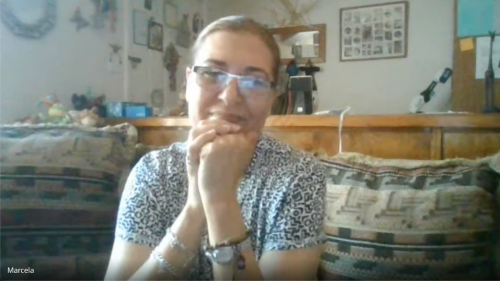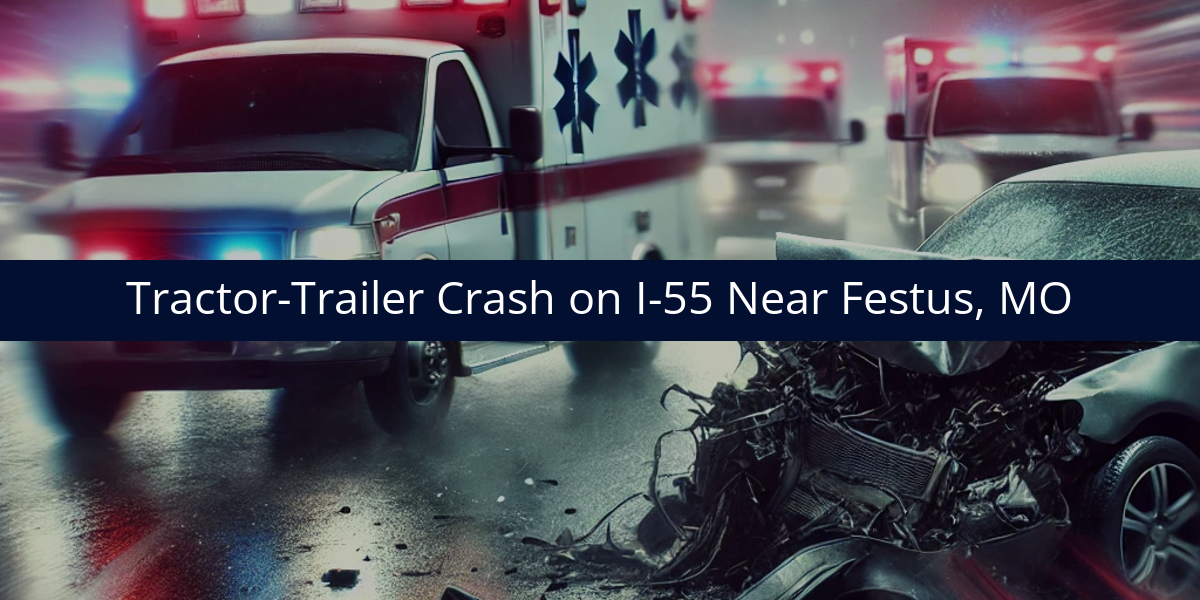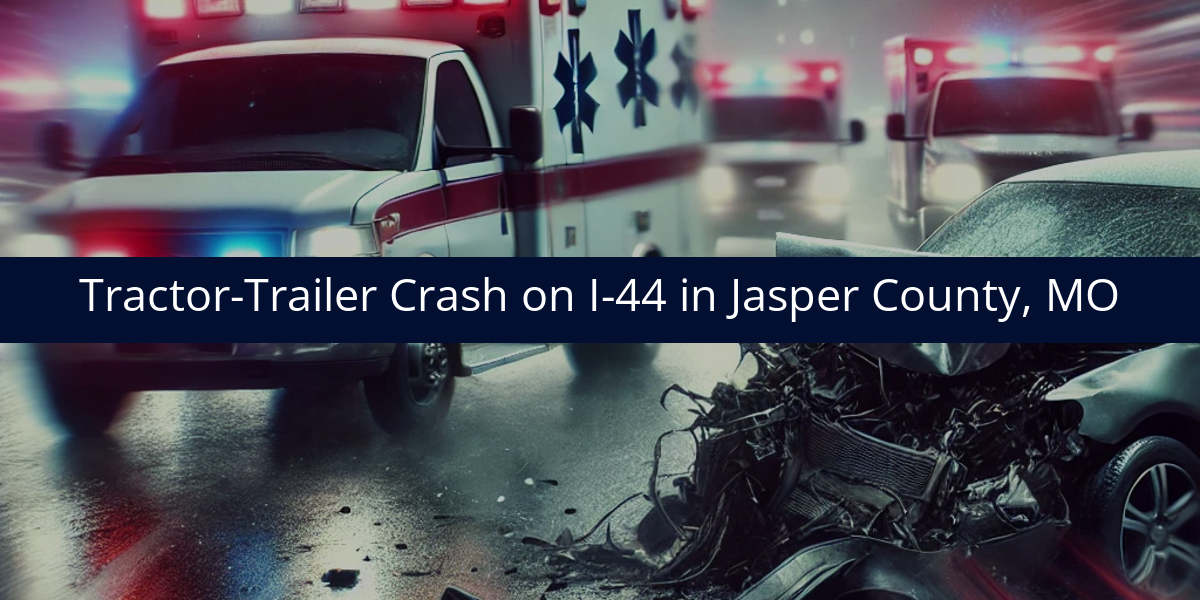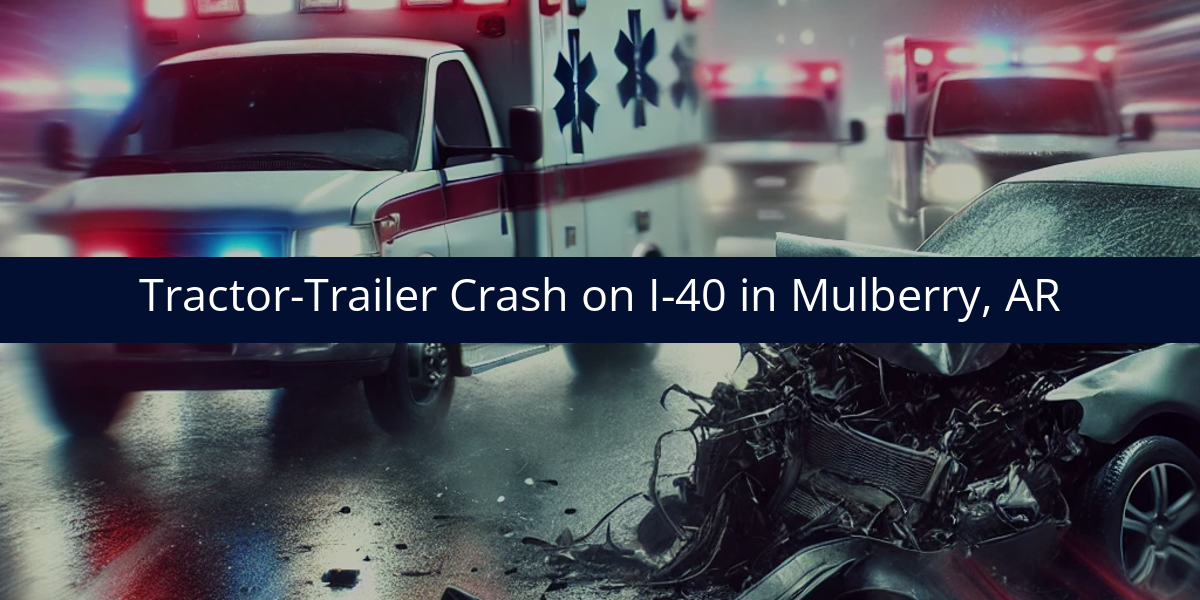Because most railroads are self-insured, making any real progress with your claim will be difficult without an attorney.
When you're injured or someone you love is killed as a result of a train accident, you're going to have to either file an insurance claim against the railroad and attempt to settle out of court or file a lawsuit.
But unlike most big companies who are statistically prone to causing significant harm (like trucking companies), railroads are not required buy insurance to protect against accidents, and most railroads are such large businesses that they can afford not to invest in insurance. Instead, they merely set aside a portion of their assets to pay for their legal defense and to provide restitution to accident victims who beat them in court. As you can imagine, convincing a railroad to part ways with their money is an uphill battle.
In this article, we will discuss the challenges inherent in pursuing compensation from these so-called self-insured railroads.
Questions Answered on This Page:
- Are railroads and trains covered by insurance?
- Can I file a train accident claim by myself?
- How do I get fairly compensated for my train accident?
Somtimes They Have Conventional Insurance.
There are some situations in which railroads will be required to have insurance against accidents, including:
- When construction is being done on the railroad or improvements are being made on a grade crossing, then the contractor doing the construction must purchase railroad protective liability insurance.
- When then train travels through privately-owned property, the landowner may require the railroad to purchase insurance to protect against injuries to the landowner or his or her employees. This is commonplace for rails that run alongside the loading dock of a factory.
- Some cities, towns, and states may require railroads passing through to have insurance. However, Texas is not one of these.
But aside from those scenarios, it's unlikely that the railroad whose train caused your injuries will carry insurance. They will still have a claims team and an administrative process for dealing with those claims, but it's mostly done in-house.
Seeking Compensation from a Self-Insured Railroad
Conventional wisdom dictates that if someone has insurance, you file a claim against them and try to resolve the case without going to court (this is known as filing an "administrative" claim). Conventional wisdom also holds that if a wrongdoer has no insurance, there's no one to file such a claim against. Just because a railroad doesn't buy an insurance policy from an insurance company, doesn't mean you can't pursue an administrative claim. As it relates to train accidents, the conventional wisdom doesn't really hold true.
Even though most railroads don't carry liability insurance, they still often desire to administer claims made against them in a similar fashion. As such, they hire a third party claims representative. This claims rep is basically an independent insurance adjuster, who will consider the harm done in the accident and then determine what benefits you should receive. They treat claims made against the railroad much the same way that they would handle an insurance claim, only there is no insurance policy involved, just railroad company money on the line.
On the other hand, some railroad companies may not be so cooperative. With a self-insured company, it's not just like the company pays insurance premiums, and the insurance company is taking a loss by paying out compensation. The railroad is paying benefits out of its own assets, and in so doing, diminishing its own profits. As a result, some railroads may choose to go to court and try to prove the victim was predominantly responsible for their own accident and injuries.
In other instances, the third party claims rep may not want to give you the damages your injuries or losses warrant. Remember, the rep's company is hired by the railroad, and they likely want to keep the railroad as a client. Preserving as much of the railroad's assets as possible is a good way of retaining business. On the other hand, if the claims rep pays more in benefits than the railroad thinks the harm merits, then the claims rep could be losing income right along with the railroad's assets.
In order to protect your ability to be compensated, you need a time-tested train accident attorney on your side who has the experience to know when a benefits package is fair or just a ploy by the railroad company to protect its profits. If you need to go to court to be compensated, then your need for a competent lawyer skyrockets, as then you will need to prove the negligence and liability of the railroad to get the compensation you deserve. If you want to find the evidence you need and then use it to prove your case in court or force the railroad company to negotiate in good faith, then you're likely going to need a lawyer who has experience with train accident cases.
Call the Train Accident Lawyers at Grossman Law Offices:
If you'd like to discuss your case with an experienced train accident lawyer, then call Grossman Law Offices today for a free consultation at (855) 326-0000 (toll free). We're happy to discuss the challenges of pursuing an insurance claim against a self-insured railroad or any other issue involving personal injury and wrongful death lawsuits to resolve the harm caused in railroad accidents.
Other articles about train accidents you might find helpful:
- How Does FELA Differ from Workers' Compensation Claims?
- Special Considerations for Children Who Are Injured by Trains or in Railyards
- Understanding Railyard and Track Layout













